Undergraduate Program
BS Biotechnology
Quick Link
Introduction
The Bachelor of Science (BS) in Biotechnology program is designed to equip students with a comprehensive understanding of the biological sciences and their applications in technology and industry. This interdisciplinary program combines elements of biology, chemistry, and engineering to foster innovation in fields such as healthcare, agriculture, and environmental management. Students will gain hands-on experience through laboratory work and research projects, learning to manipulate biological systems to develop products and processes that address real-world challenges. The curriculum emphasizes both theoretical knowledge and practical skills, preparing graduates for careers in research, development, and various biotechnological industries, or for further study in advanced degree programs.
About Program
Program Objectives
- To provide students with foundational knowledge in biological sciences, chemistry, and biotechnology.
- To develop practical skills through hands-on laboratory experiences.
- To emphasize an interdisciplinary approach integrating biology, chemistry, and engineering.
- To encourage student engagement in research projects and enhance their ability to conduct and interpret experiments.
- To prepare graduates for careers in biotechnology and related fields, as well as advanced studies.
- To instill ethical responsibility, effective communication, and a commitment to lifelong learning and professional development.

Internship/ Career Prospects
Graduates of the BS Biotechnology program will find a wealth of career opportunities in various domains. Potential career paths include roles in medical and research laboratories, biotechnology and pharmaceutical industries, environmental and conservation agencies, and academic institutions. With expertise in areas like genetics, microbiology, and bioinformatics, our graduates are well-prepared for careers in research, diagnostics, public health, and beyond.
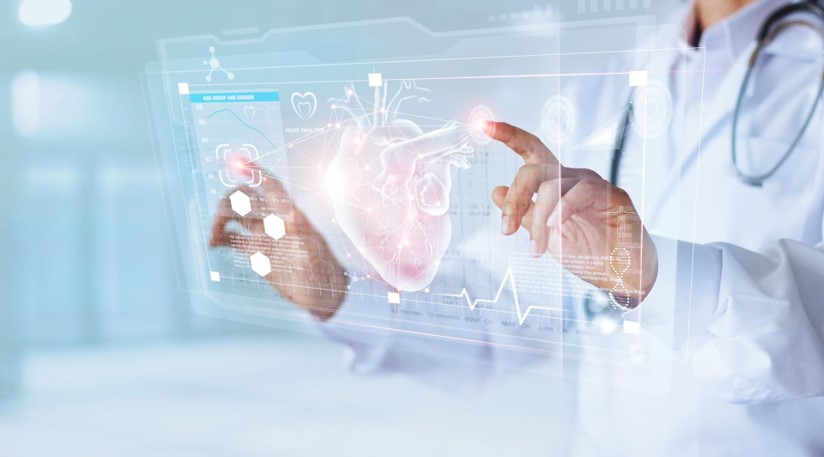
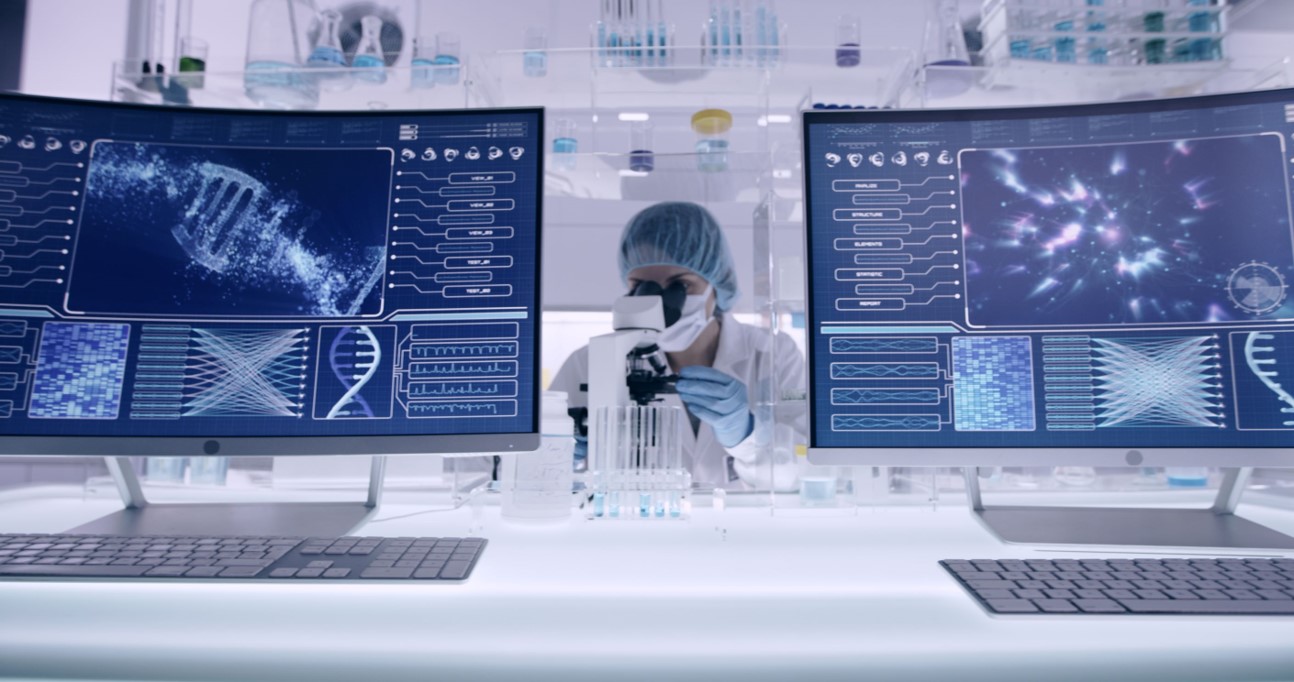
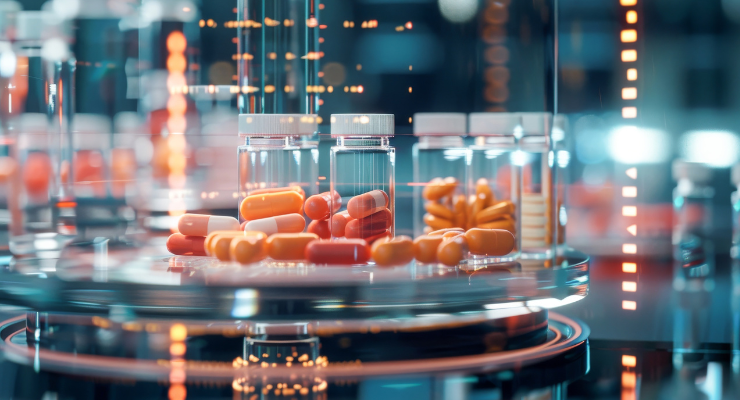
Environmental Biotechnologist 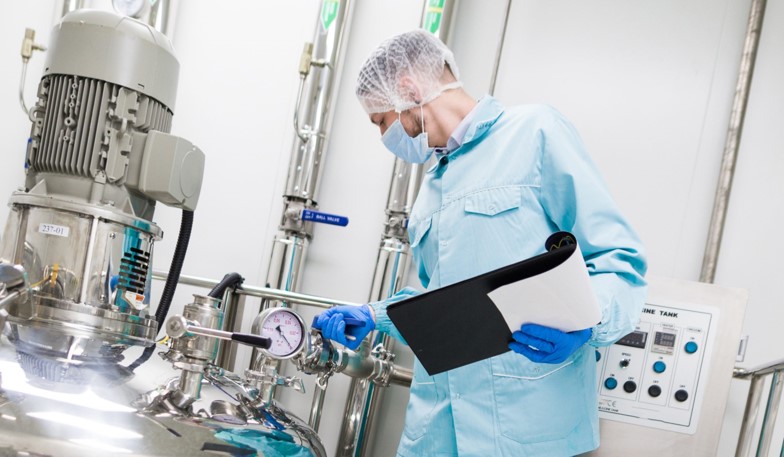
Dairy industries 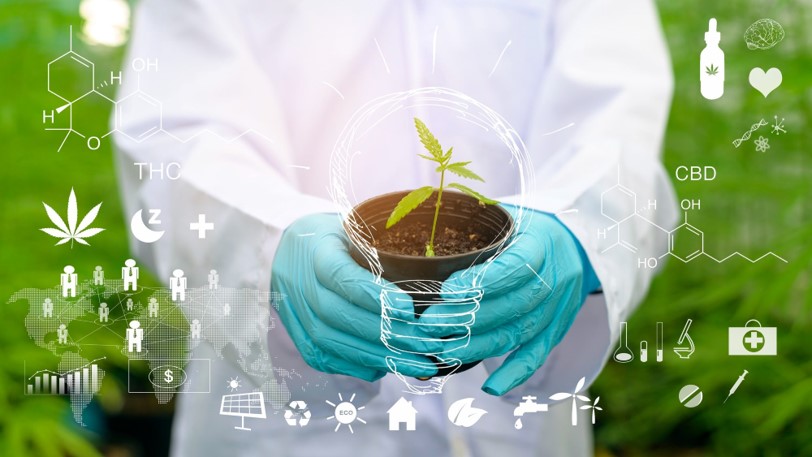
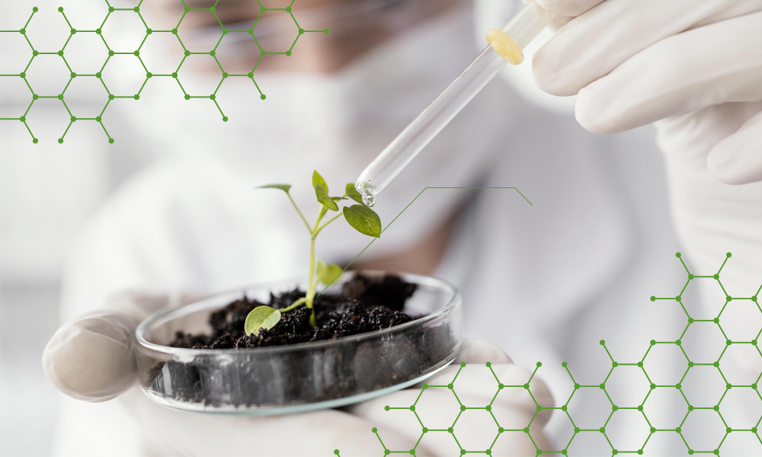
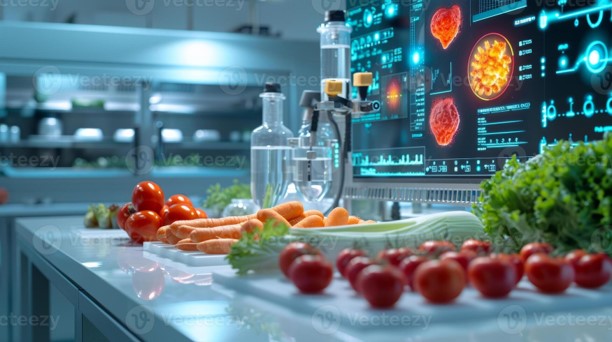

Scheme of Study (Semester Wise)
- Duration: 4 Years
- Semesters: 8
- Credit Hours: 127
1st Year
Semester - Ⅰ
| Course Code | Course Title | Credit Hours |
| – | Functional English | 3+0 |
| – | Islamic Studies/Islam & World Religions | 2+0 |
| – | Mathematics / Basic biology | 3+0 |
| – | Biochemistry-I | 2+1 |
| – | Chemistry | 2+1 |
| – | Introduction to Biotechnology | 2+1 |
| Total Credit Hours | 17 |
Semester - Ⅱ
| Course Code | Course Title | Credit Hours |
| – | Communication/ Writing Skills | 3+0 |
| – | Pakistan Studies | 2+0 |
| – | Linear Algebra & Differential Equation | 3+0 |
| – | Biochemistry-II | 2+1 |
| – | Philosophy, Logic and Critical Thinking | 3+0 |
| – | Microbiology | 2+1 |
| Total Credit Hours | 17 |
2nd Year
Semester - Ⅲ
| Course Code | Course Title | Credit Hours |
| – | Programing Fundamentals | 4+0 |
| – | Psychology | 3+0 |
| – | Biostatistics | 3+0 |
| – | Entrepreneurship | 3+0 |
| – | Cell Biology | 2+1 |
| – | Community Service | 0+2 |
| Total Credit Hours | 18 |
Semester - Ⅳ
| Course Code | Course Title | Credit Hours |
| – | Classical Genetics | 3+0 |
| – | Immunology | 2+1 |
| – | Analytical Chemistry & Instrumentation | 2+1 |
| – | Basics of Molecular Biology | 3+0 |
| – | Microbial Biotechnology | 3+0 |
| Total Credit Hours | 15 |
3rd Year
Semester - Ⅴ
| Course Code | Course Title | Credit Hours |
| – | Bioinformatics | 1+2 |
| – | Genetic Resources & Conservation | 3+0 |
| – | Agriculture Biotechnology | 2+1 |
| – | Principles of Biochemical Engineering | 2+1 |
| – | Industrial Biotechnology | 2+1 |
| Total Credit Hours | 15 |
Semester – Ⅵ
| Course Code | Course Title | Credit Hours |
| – | Genomics and Proteomics | 3+0 |
| – | Food Biotechnology | 2+1 |
| – | Health Biotechnology | 2+1 |
| – | Methods in Molecular Biology | 1+2 |
| – | Environment Biotechnology | 3+0 |
| Total Credit Hours | 15 |
4th Year
Semester - Ⅶ
| Course Code | Course Title | Credit Hours |
| – | Research Methodology & Skill Enhancement | 3+0 |
| – | Seminar-I | 1+0 |
| – | Biorisk Management | 2+0 |
| – | FYP-I | 0+3 |
| – | Eelective-I | 3+0 |
| – | Eelective-II | 3+0 |
| Total Credit Hours | 15 |
Semester – Ⅷ
| Course Code | Course Title | Credit Hours |
| – | Elective-III | 3+0 |
| – | Elective-IV | 3+0 |
| – | Seminar-II | 1+0 |
| – | Biosecurity | 2+0 |
| – | FYP-II | 0+3 |
| – | Field Experience/Internship | 0+3 |
| Total Credit Hours | 15 |
